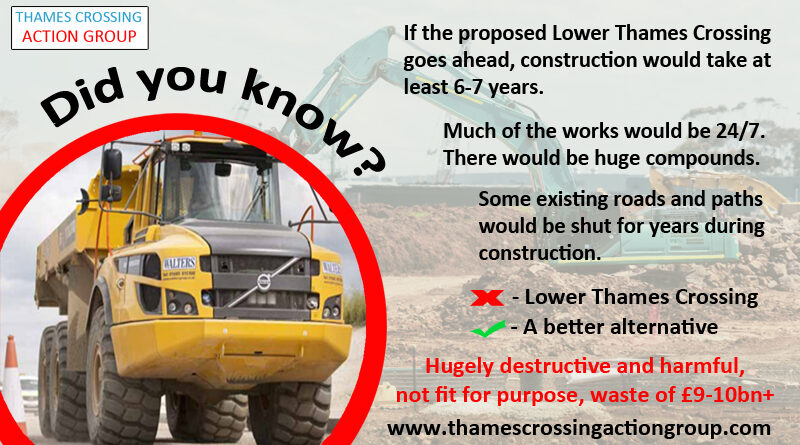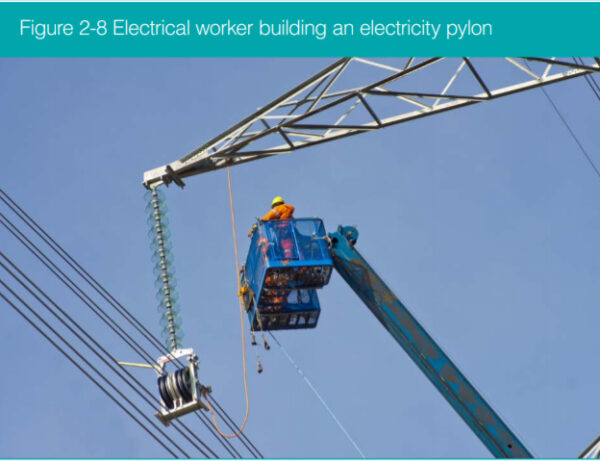LTC Construction
If the proposed Lower Thames Crossing is granted a Development Consent Order (DCO), this will mean permission to begin construction. Until such time the construction would be illegal. Any works you see before that are investigative works and this is usual in projects of this scale in preparation of the Development Consent Order (DCO) application. They do NOT have permission yet!
We’ve highlighted some of the construction aspects of the proposed LTC on this update, and obviously there’s also the HE Construction Update document available too.
 NH advised in the Supplementary Consultation that they were proposing 24/7 works in the tunnelling for 4.5 to 5 years, and that dependant on season (daylight etc) other construction sites would be open from 6am-11pm Mon – Fri, 6am-5pm Saturdays, and some work on Sundays.
We thought that was bad enough, and then in this latest Community Impacts Consultation we have discovered considerable areas marked on the map as 'New 24/7 construction areas'. Obviously we are extremely concerned about this latest development.
To view further details of these new 24/7 construction areas click through and read our New 24/7 Construction Hours update.
NH advised in the Supplementary Consultation that they were proposing 24/7 works in the tunnelling for 4.5 to 5 years, and that dependant on season (daylight etc) other construction sites would be open from 6am-11pm Mon – Fri, 6am-5pm Saturdays, and some work on Sundays.
We thought that was bad enough, and then in this latest Community Impacts Consultation we have discovered considerable areas marked on the map as 'New 24/7 construction areas'. Obviously we are extremely concerned about this latest development.
To view further details of these new 24/7 construction areas click through and read our New 24/7 Construction Hours update. The locations of the construction sections
Taken from page 9 (11/312 pdf) of the Construction Update (Community Impacts Consultation)
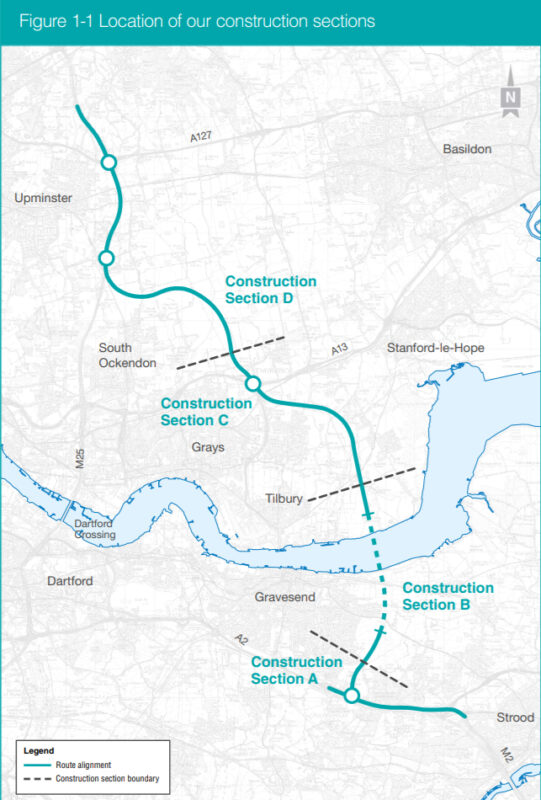
Construction compounds in Sections A and B
Taken from page 51 (53/312 pdf) of the Construction Update (Community Impacts Consultation)
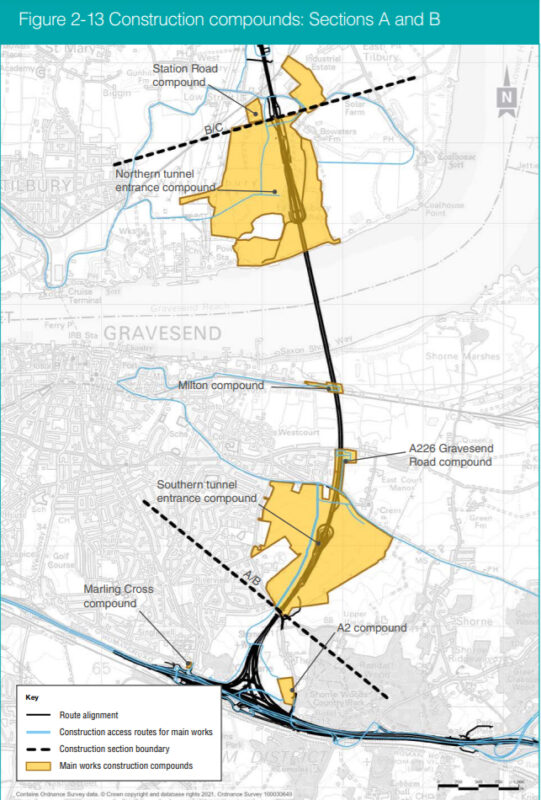
Construction compounds in Sections C and D
Taken from page 52 (54/312 pdf) of the Construction Update (Community Impacts Consultation)
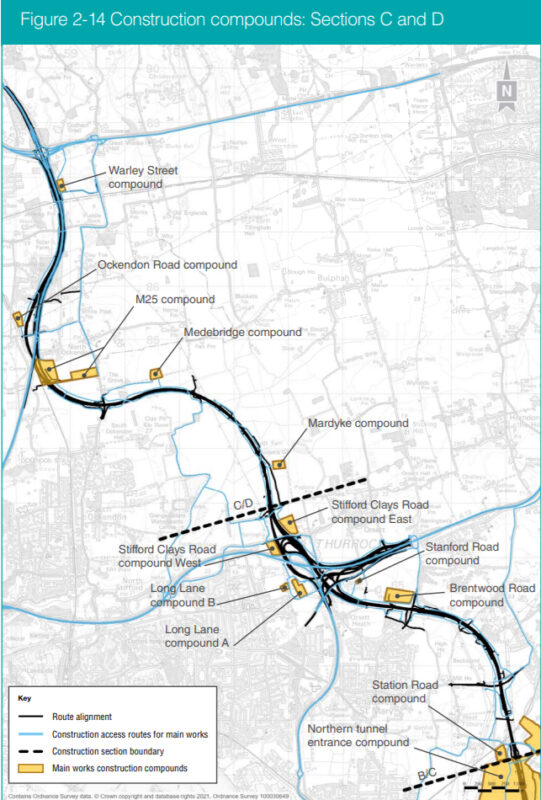 UPDATE - May/June 2022
As of the LTC Local Refinement Consultation (2022) National Highways sneakily moved the location of the eastern section of the proposed M25 construction compound. We say sneakily because whilst the change in the development boundary was shown on the area map in the consultation guide (page 98/page 93 pdf), the detail to say that it was a construction compound being moved was only shown further through in the section of the guide about Private Recreational Facilities (page 136/page 129 pdf). Hardly where you'd think to look to learn that a construction compound location had changed. Also to note that construction compounds are not detailed on the latest LTC interactive map that NH released to support the Local Refinement Consultation. Not what we'd call clear and informative consultation materials.
This now brings the construction compound closer to the North Ockendon conservation area, in fact it butts right up against the boundary. More info here.
UPDATE - May/June 2022
As of the LTC Local Refinement Consultation (2022) National Highways sneakily moved the location of the eastern section of the proposed M25 construction compound. We say sneakily because whilst the change in the development boundary was shown on the area map in the consultation guide (page 98/page 93 pdf), the detail to say that it was a construction compound being moved was only shown further through in the section of the guide about Private Recreational Facilities (page 136/page 129 pdf). Hardly where you'd think to look to learn that a construction compound location had changed. Also to note that construction compounds are not detailed on the latest LTC interactive map that NH released to support the Local Refinement Consultation. Not what we'd call clear and informative consultation materials.
This now brings the construction compound closer to the North Ockendon conservation area, in fact it butts right up against the boundary. More info here.
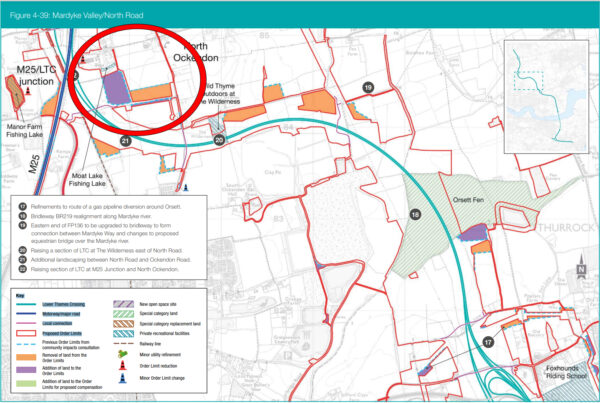
Utility Logistics Hubs in Sections A and B
Taken from page 55 (57/312 pdf) of the Construction Update (Community Impacts Consultation)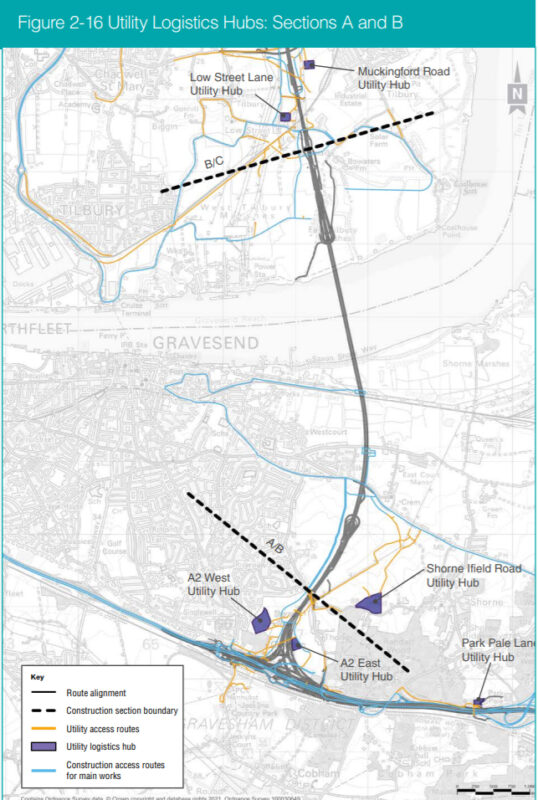
Utility Logistics Hubs in Sections C and D
Taken from page 56 (58/312 pdf) of the Construction Update (Community Impacts Consultation)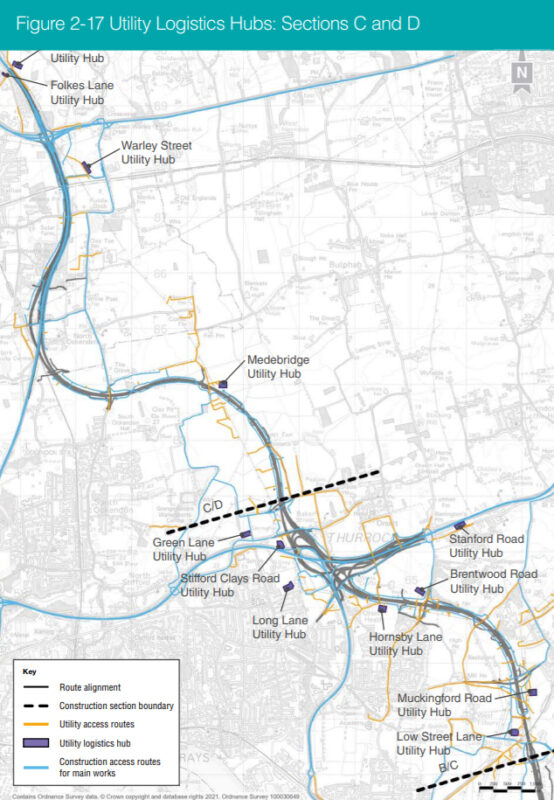
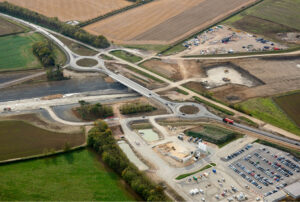 National Highways M4 upgrade project (click image to enlarge)
National Highways M4 upgrade project (click image to enlarge)
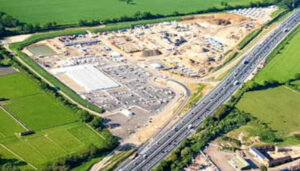
Related
Thurrock Nub News - https://thurrock.nub.news/n/construction-workers-will-flood-borough-in-coming-years-councillors-are-told-in-latest-update-on-lower-thames-crossingRelated
LTC Spoil – Rivenhall? It has been brought to our attention that a planning application for a site in Rivenhall, Essex (near Witham) mentions potential disposal of LTC spoil – click here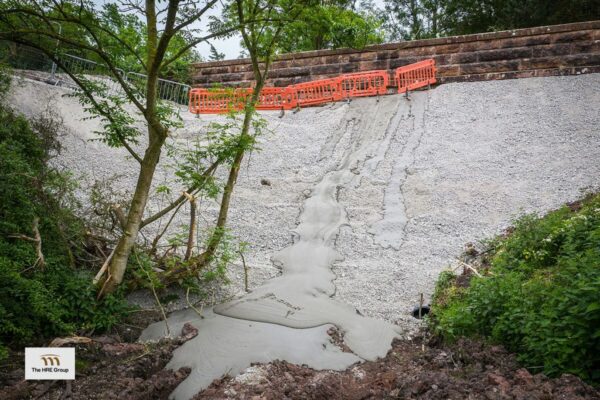
Related
- Construction update 34.8 MB (PDF document)
- Framework Construction Travel Plan 9.3 MB (PDF document)
- Outline Landscape and Ecology Management Plan 9.0 MB (PDF document)
- Outline Site Waste Management Plan 924.3 KB (PDF document)
- Outline Traffic Management Plan for Construction 7.9 MB (PDF document)
- Outline Materials Handling Plan 33.7 MB (PDF document)
- Design principles 8.1 MB (PDF document)
- Wider Network Impacts Management and Monitoring Plan 556.8 KB (PDF document)
- DCO Schedule 2 & Explanatory Note 516.4 KB (PDF document)
- Code of Construction Practice (including the REAC) 1.2 MB (PDF document)
- Environmental Constraints Map 8.8 MB (PDF document)

